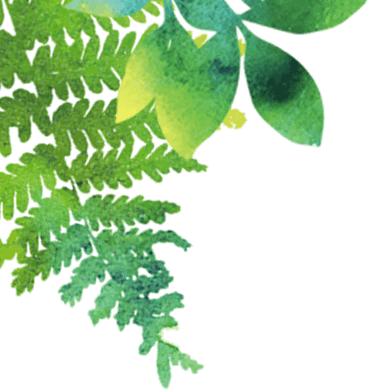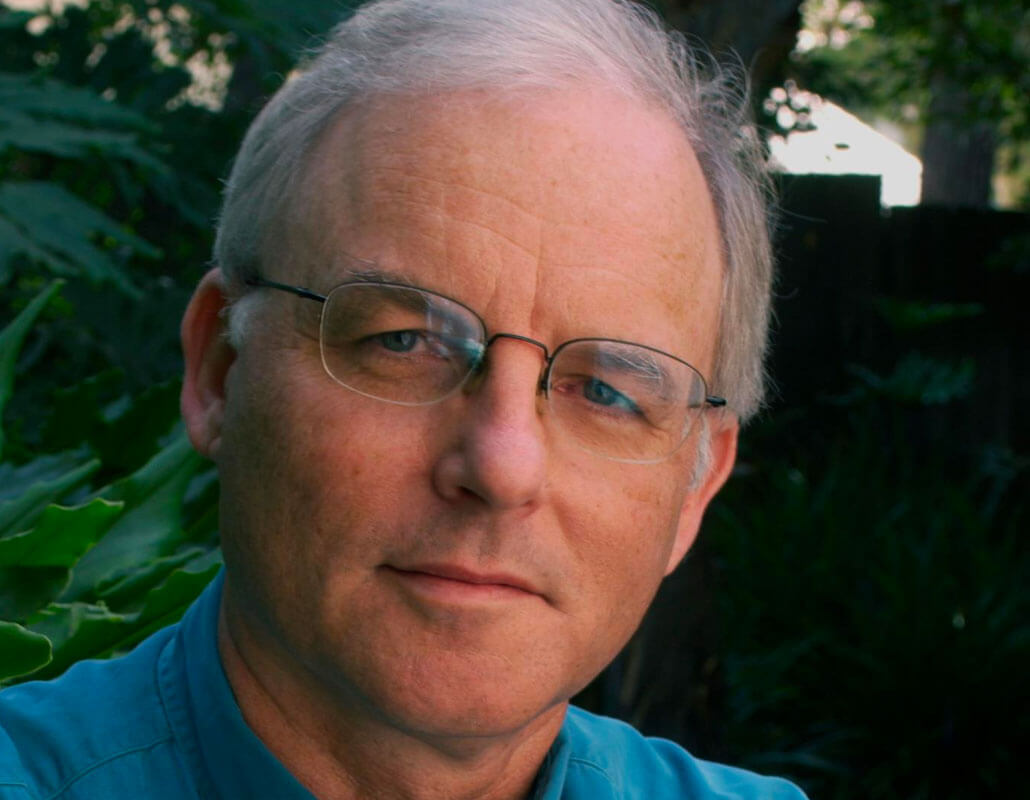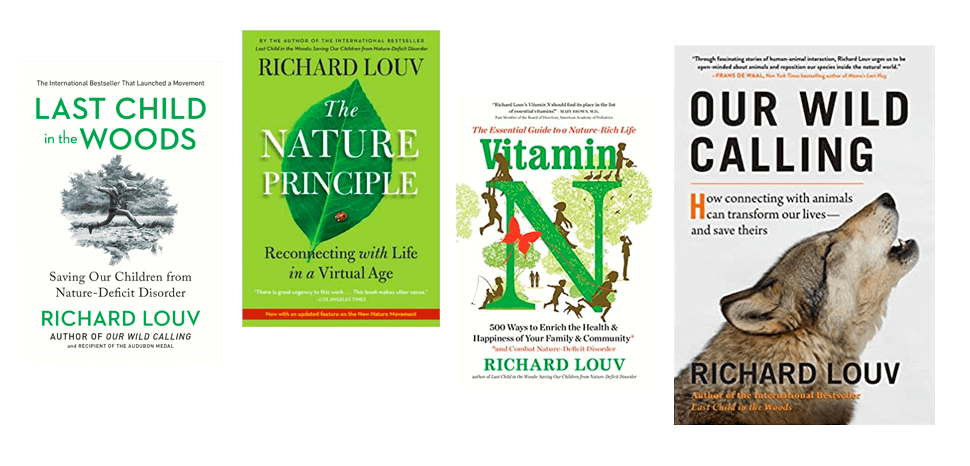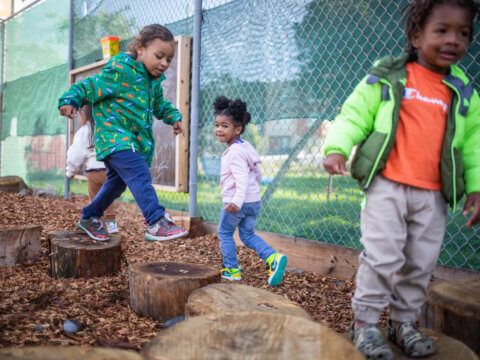A tree grows in South Central
Let me introduce you to a hero of mine. Juan Martinez. He’s also my friend. Last week, I sat down with him at the Children & Nature Network Grassroots Gathering in Princeton, New Jersey and he told me a bit more about his life.
Juan, now 33, was raised in South Central Los Angeles, and he grew up angry. “I was the poor of the poor,” he said. “People would make fun of me, people would tease me about my clothes. So it was my defense mechanism to pretty much kick their ass,” he recalled. At the time, he seemed to be a prime candidate for a short, unremarkable gang life.
When he was 15, a teacher at Dorsey High School in South Central offered an ultimatum: Juan could flunk the class and likely be held back a grade, or he could join the school’s Eco Club. Begrudgingly he chose the latter. “The first couple weeks I didn’t talk to people. I focused on growing my little jalapeño plant,” he said.
“Why a jalapeño?” I asked.
He described how his mother had broken through a piece of concrete behind the family’s house, exposing soil for a small garden. There, she grew jalapeños and medicinal plants, including aloe vera for cuts and burns. “She would make teas out of these plants whenever we were sick,” said Juan. “So I wanted to show my mom that I could do that too, that I could grow something, that I could give her something in return.”
A trip to Wyoming’s Grand Teton National Park, organized by the Eco Club and Teton Science Clubs, changed his life forever — and at first, not entirely for the better. “I saw bison. I saw more stars than I could count. I was where there was no concrete, no gunshots, no helicopters over my head,” he recalled.
When he came home, he found he couldn’t get enough nature. “It became like an addiction.” He joined the Sierra Club’s Building Bridges to the Outdoors program, and participated in every program he could that would transport him back to wilderness. “Every time I came back from a trip, I was more depressed with where I lived. I would lock myself in my room. I just hated being home.”
His growing distaste for what he considered the dreaded dead end road of South Central showed, and, he said, limited his effectiveness as an outdoor leader. Fortunately, his outdoor mentors noticed his depression, and understood its source. “They sat me down and talked to me. Then they took me to community gardens and local green spaces, places not so far away, places that I could get to on a bus. And he continued to work as a leader of outdoor expeditions.”
As we spoke, Juan recalled taking 20 kids from Watts on a backpacking course into the Eastern Sierra. Many of them were heavily medicated for behavior problems. The first day of the 14 day trip was a rough one, with threats of violence, crying, fighting. “Halfway through the trip the young people began to settle into a more natural rhythm. Our nightly fires were filled with laughter. All they wanted was to be listened to, to be heard, to be recognized. They talked about the songbird that had captivated them that day or why people got hooked on drugs back home.”
Around that fire, he found himself thinking of his own community, which was hundreds of miles away. And he came to two realizations: He loved nature not for nature’s sake, but for what it did for him, personally, how it brought him to life; and even more importantly, he saw what it did for the young people he led into nature.
“I love nature because I love people,” he said. “It was never about me. It was always about the love I have for my family, for my culture, for my community, for the mentors that have stood by my side through thick and thin, he said. I became a better person when I stopped caring about only my smile, my sanity, my therapy in nature and I found one of my greatest joys came from a laugh of a kid (whose mother had beat her with a bat and abandoned her in an alley), helping them make s’mores for the first time, making a wish on a star.”
He returned with a purpose: Instead of leaving South Central, he would commit to it.
“I would do all I could to share with my community the joy of nature, even by building a place in the middle of the hood for songbirds, by sharing the crops of our small garden at home and teaching others how to do their own raised bed gardens.”
Since then, Juan’s work has expanded. He serves as National Youth Volunteer Coordinator for the Sierra Club, and leads the Natural Leaders Network of the Children & Nature Network, a group of several hundred young people, many of them, like Juan, from inner cities. He has also advised the Interior Department and has spoken several times at the White House.
But he always comes home to South Central.
-
Network News
Earth Day: Young leaders advocate for change
-
Feature
Nature photographer Dudley Edmondson has a vision for the representation of Black and Brown faces in the outdoors
-
Richard Louv
EARTH MONTH: You're part of the New Nature Movement if....
-
Voices
Placemaking: How to build kinship and inclusive park spaces for children with disabilities
-
Network News
Children & Nature Network founders release report on global factors influencing the children and nature movement





Commentaries on the C&NN website are offered to share diverse points-of-view from the global children and nature movement and to encourage new thinking and debate. The views and opinions expressed are those of the author(s) and do not necessarily reflect the position of C&NN. C&NN does not officially endorse every statement, report or product mentioned.